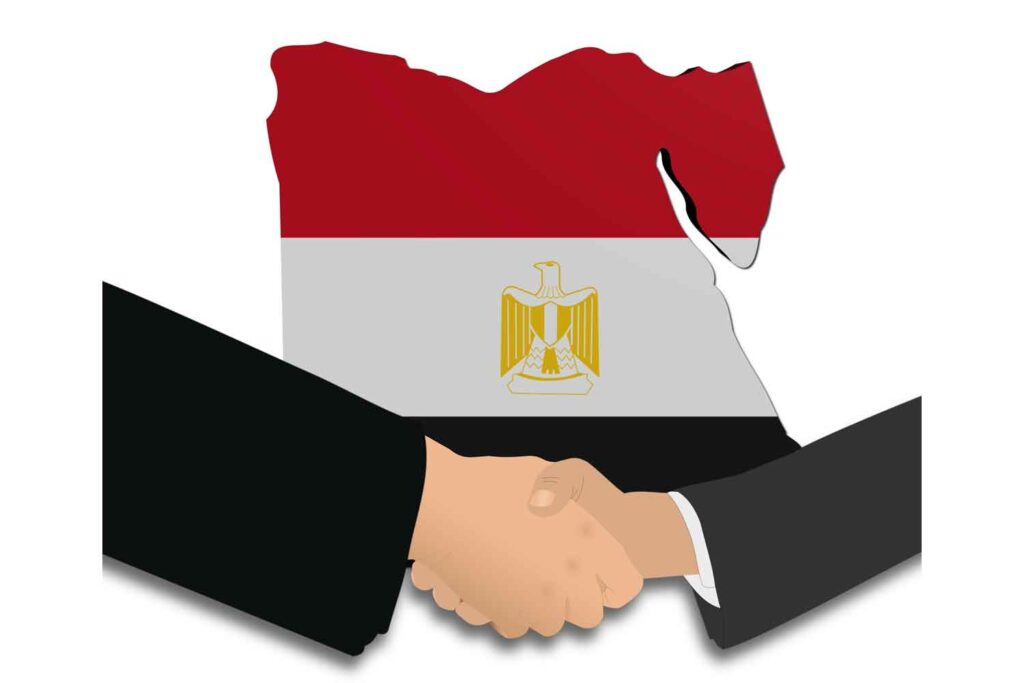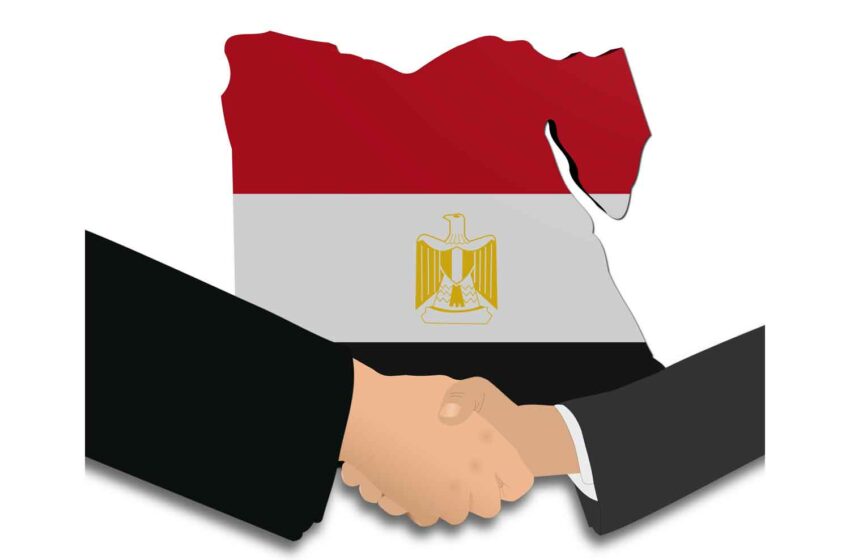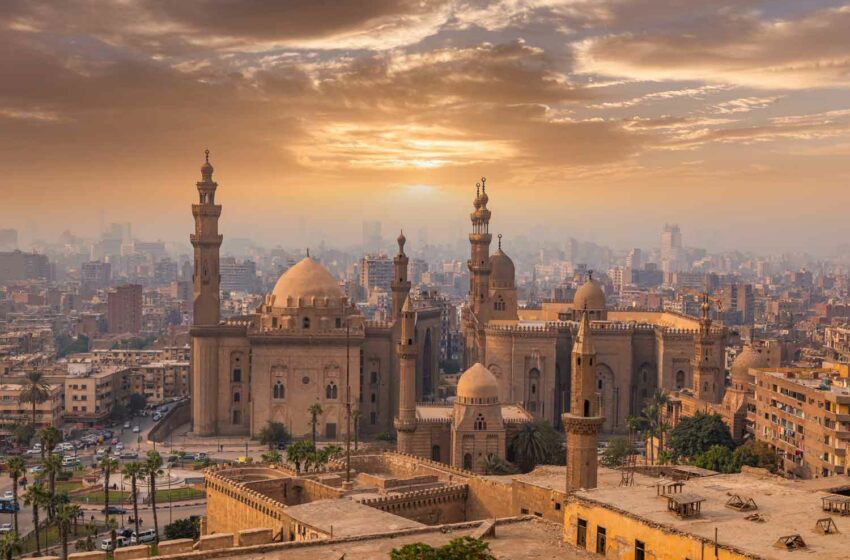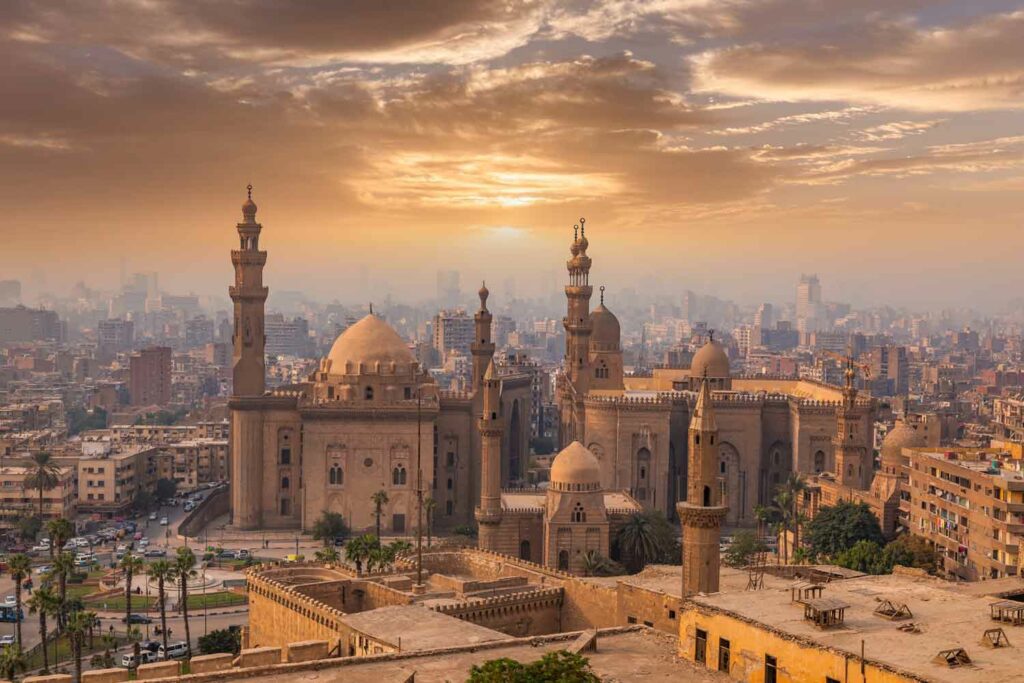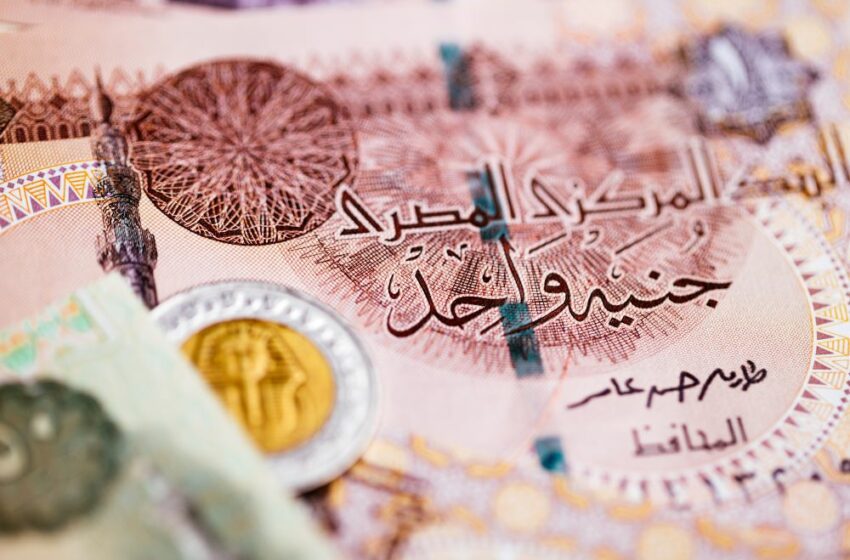“Other than for the traders exploiting the situation, it is clearly an unfavorable environment, albeit one caused by tax increases telegraphed well ahead of their implementation, exacerbated by weak enforcement and currency shortages,” says Pieter Vorster, managing director of Idwala Research. “The tax hike helps to reduce margins in the parallel market, but stockpiling will likely continue if potential disruptions to production owing to currency shortages are viewed as possible.”
Egypt was hit hard by Russia’s invasion of Ukraine in February 2022, which caused many foreign investors to abandon emerging markets. Consequently, the country has been struggling with rising global wheat and energy prices. According to a report by the U.S. Department of State, Egypt’s external debt reached $164.7 billion in June 2023.
In December 2022, the International Monetary Fund (IMF) approved a 46-month $3 billion loan for Egypt to overcome its economic crisis under the condition that the government undertake several structural reforms. It insisted that Egypt adopt a flexible exchange rate, lift of import restrictions and privatize state-owned companies.
Despite the government’s efforts to create a more favorable business environment, foreign investors continue to face challenges such as bureaucracy, lack of transparency, uneven enforcement, corruption, intellectual property issues and a shortage of skilled labor.
Egypt’s sale of a major stake of Eastern Co. on Sept. 3, 2023, was part of its commitment to sell shares in 35 state-owned firms. Global Investment Holding (GIH) of the United Arab Emirates paid EGP19.3 billion for a 30 percent stake of the 50.9 percent stake that the state-owned firm Chemical Industries Holding Co. had previously held—a price that Vorster deems steep. “It seems a high multiple for a noncontrolling stake without the synergies that a tobacco company might have been able to extract,” he says. According to Daily News Egypt, both Japan Tobacco International and United Tobacco Co., in which Philip Morris International controls most shares, also submitted offers for a stake in Eastern Co.
Following the deal, 20.9 percent of Eastern Co. remains with Chemical Industries Holding Co., 35 percent is freely traded on the Egyptian Stock Exchange, and the remaining 15 percent is owned by various private stakeholders. GIH announced that it would invest $150 million to rejuvenate Eastern Co.’s raw material supplies. Whether it will be allowed to use its funds to import tobacco, however, remains unclear. Egypt prohibits tobacco cultivation and taxes leaf imports at 75 percent. According to Mada, an Egyptian media organization, the Emirati firm will work with banks to facilitate Eastern Co.’s access to foreign currency for imports. “In the short term, [the deal] is clearly positive,” says Vorster, “but the potential for more adverse excise and regulatory regimes could detract from that significantly.”
